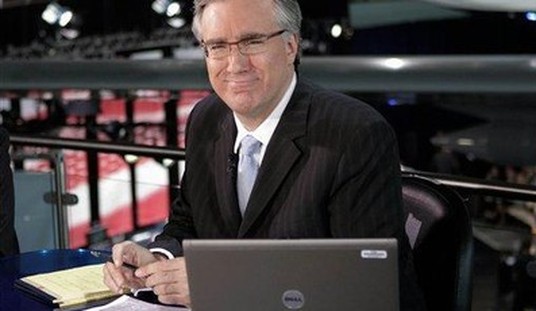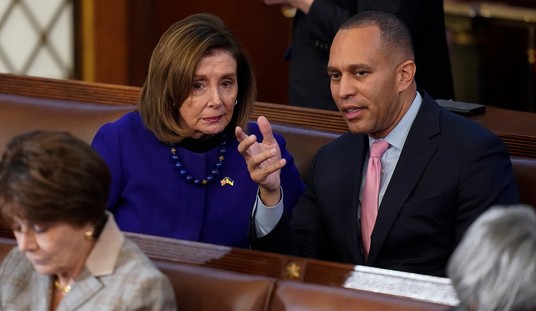Co-Authored by Uzi Frydman, Federal Policy Associate, Americans for Tax Reform
Since enactment in 2010, the Dodd-Frank Wall Street Reform and Consumer Protection Act (Dodd-Frank) has failed to deliver on the promises proponents made. Dodd-Frank has led to the shuttering of at least one credit union or community bank a day and has driven down small business lending. Yet some of the most egregious impacts of Dodd-Frank have resulted from a little known provision inserted into the legislation at the eleventh hour, called the Durbin Amendment.
Named for Senator Richard Durbin (D-Ill.), the Durbin Amendment was touted as a measure to benefit consumers and required the government to set price controls on the fees issuers of debit cards (issuers) are allowed to charge merchants for debit transactions. However, far from benefiting consumers, the Durbin Amendment has delivered zero savings to consumers, wiped out free checking accounts, and led to a surge in the number of “unbanked” Americans.
In passing the Durbin Amendment, proponents claimed that with the government setting price controls consumers would benefit as merchants passed on the savings from reduced transaction fees in the form of lower prices in stores. Despite such claims, since Durbin was passed 77 percent of merchants have not changed prices and 22 percent have actually increased prices. Clearly consumers are getting the raw end of the Durbin deal.
Proponents of Durbin often point to an increase in interchange fee revenue in recent years as proof Durbin has had a positive impact on issuers, however this narrative is wholly misleading. While there has been an increase in interchange fee revenue, it is not a result of Durbin. Rather it is growth in the overall volume of credit and debit purchases which has increased to 46 percent of total consumption value, up from 37 percent in 2008.
Recommended
Additionally, as a result of Durbin credit unions and banks have lost nearly all ability and incentive to offer debit card rewards programs and free checking accounts. The price cap set in place by Durbin has reduced revenue from interchange fees by between $6 billion and $8 billion, which means many issuers are no longer able to offer free checking accounts. In 2009 before Durbin was enacted 76 percent of banks offered free checking accounts. After Durbin passed that number plunged to 45 percent in 2011, 39 percent in 2012, and a dismal 37 percent in 2015.
Just as free checking accounts have left the banking market, so have consumers. Consumers from primarily low-income households that were no longer being offered free checking accounts and could not meet the new bank minimums were forced out of the traditional banking market. According to a study by the George Mason School of Law, Durbin has “more than doubled the minimum monthly holding required on fee-free current accounts…from around $250 to over $750.” This has led to a regressive surge as millions of Americans have become “unbanked” in recent years.
Before Durbin, credit unions and banks were incentivized by free-market competition to offer reward programs to the consumer and were able to provide services such as free checking accounts, a true boon to low-to-middle income Americans. Durbin supporters claimed savings would be passed down to consumers in the form of lower prices. Yet since enactment, Durbin has failed on all accounts.
If Congress were to repeal the Durbin Amendment, Americans would once again enjoy the benefits of free-market competition and avoid the detriments experienced today. Lawmakers in the 115th Congress and the Trump Administration should make repeal of this anti-free market price fixing policy a priority. Dodd-Frank’s Durbin debacle is failed policy – American consumers deserve better.

























Join the conversation as a VIP Member